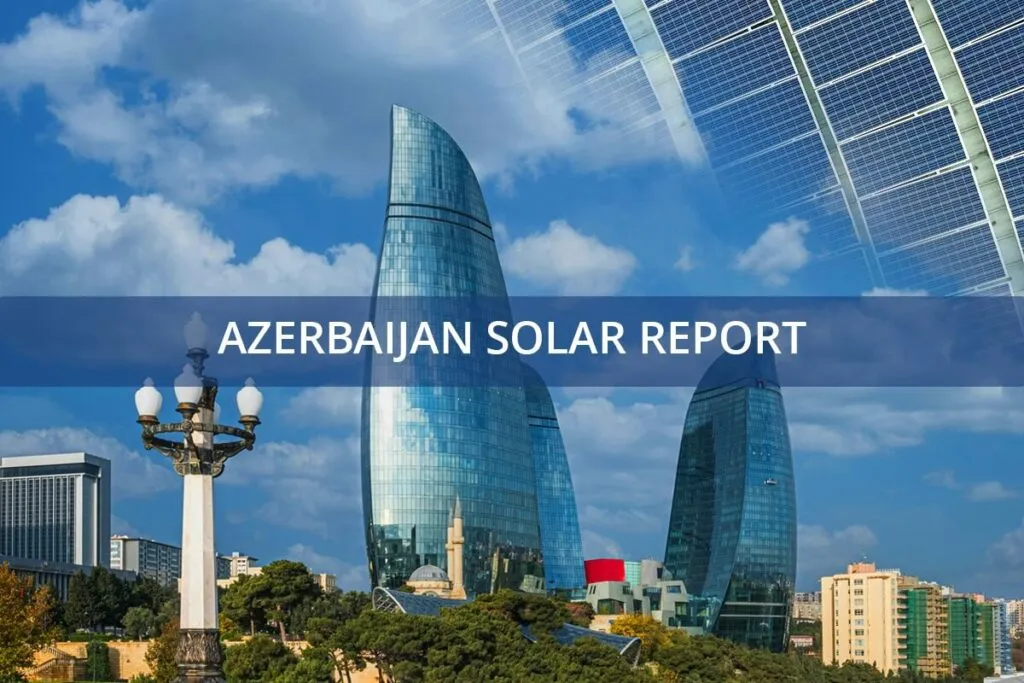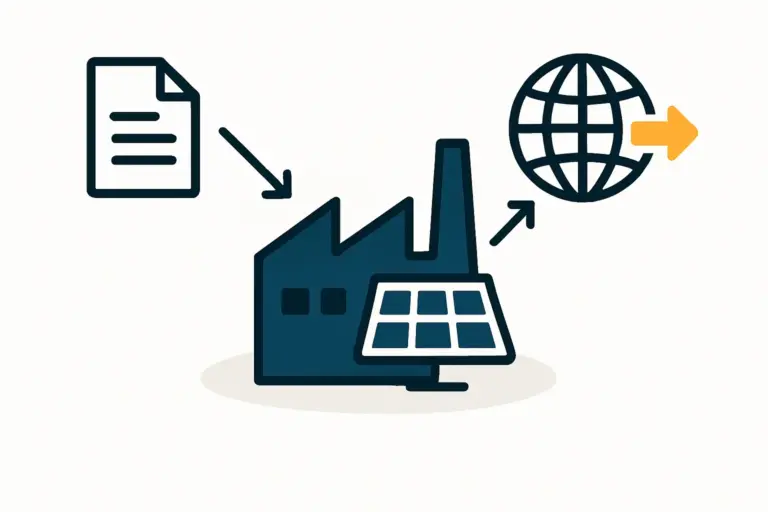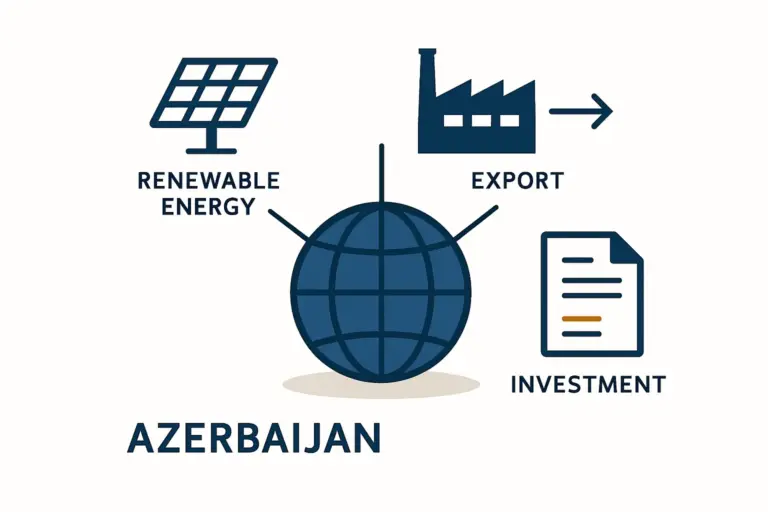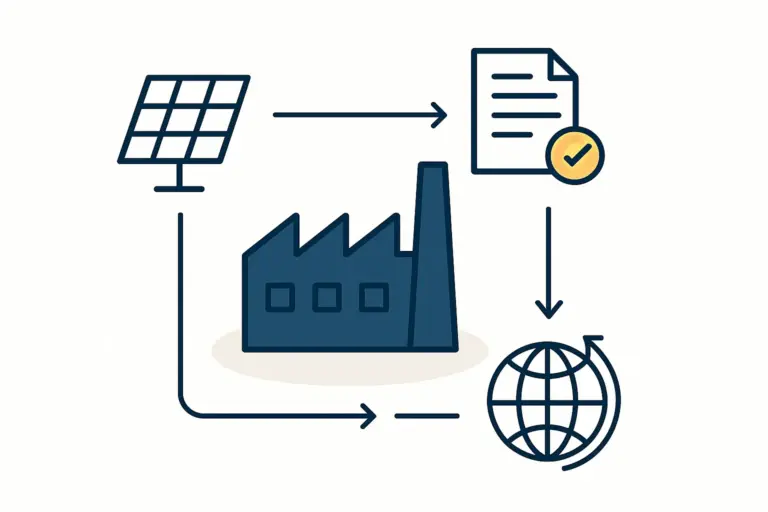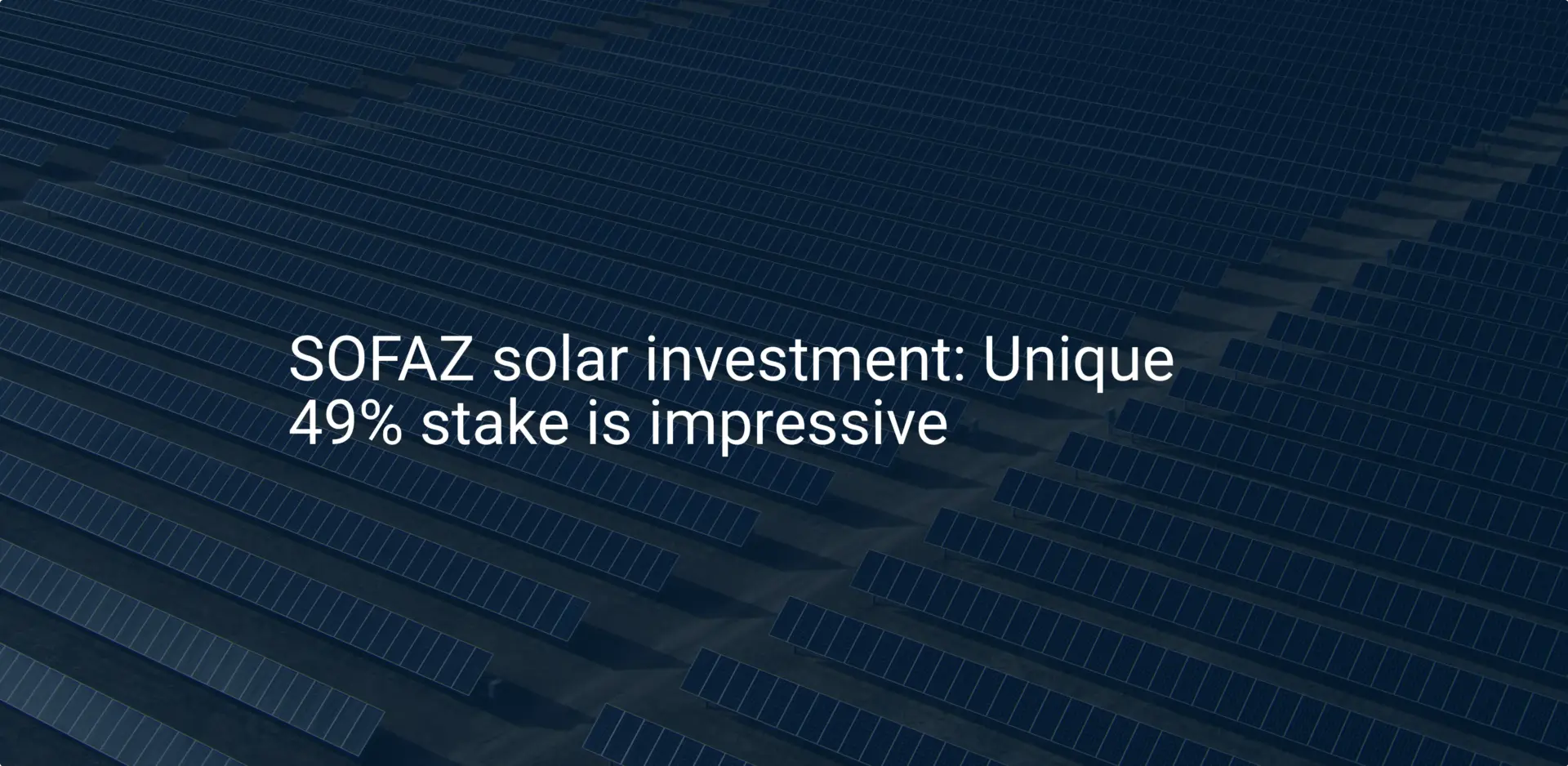As Azerbaijan pursues its goal of generating 30% of its electricity from renewables by 2030, a significant opportunity is emerging for solar manufacturing investors. This national ambition, supported by major projects with global partners, brings a critical question to the forefront for any potential venture: Does the country have the skilled labor to operate a modern solar module production line? A closer look reveals a highly capable workforce ready to meet the challenge.
Table of Contents
The Azerbaijani Labor Force: A Snapshot
With a workforce of over 5 million people, Azerbaijan offers a substantial labor pool for industrial operations. The population benefits from a strong tradition of technical education and a growing number of university graduates.
Key statistics paint a clear picture:
- Total Labor Force: Approximately 5.03 million.
- Education: A high literacy rate and a robust system of universities and vocational colleges.
- Industrial Experience: Deep-rooted experience in large-scale production, particularly in the oil and gas sector.
This combination of size, education, and industrial experience makes the Azerbaijani workforce well-suited for the demands of solar module manufacturing.
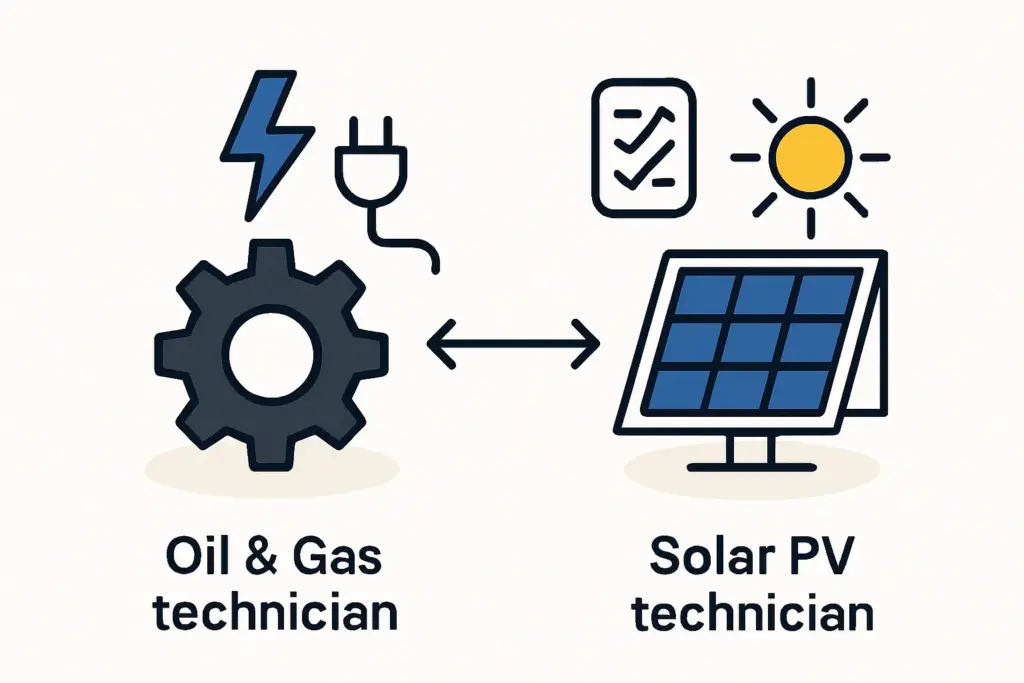
Assessing the Technical Workforce for Solar Manufacturing
A successful solar factory requires more than general labor—it needs qualified engineers, technicians, and skilled line operators. In these critical roles, Azerbaijan’s talent pool offers distinct advantages.
The country’s well-established oil and gas industry provides a deep reservoir of talent. Engineers and technicians are already skilled in process control, electrical systems, automation, and quality assurance—expertise that is highly transferable to solar panel production. These professionals are accustomed to the discipline and precision required in a modern factory setting.
Furthermore, Azerbaijani universities graduate thousands of students each year in engineering, physics, and chemistry, providing a steady stream of new talent ready for the specialized training a solar production line requires.
Building the Future: Vocational and Engineering Training
Recognizing the need to align skills with future economic demands, Azerbaijan is actively modernizing its vocational training infrastructure. The government, through bodies like the State Agency for Vocational Education, is investing in programs designed to prepare the workforce for green energy and high-tech manufacturing.
A prime example is the new vocational training center being developed in the Alat Free Economic Zone (AFEZ). This initiative—a partnership with the Ministry of Education and the state oil company SOCAR—is designed specifically to supply skilled labor for the zone’s tenants. Its curriculum focuses on essential disciplines like mechanical and electrical engineering, creating a direct pipeline of talent for advanced manufacturing operations like solar module production.
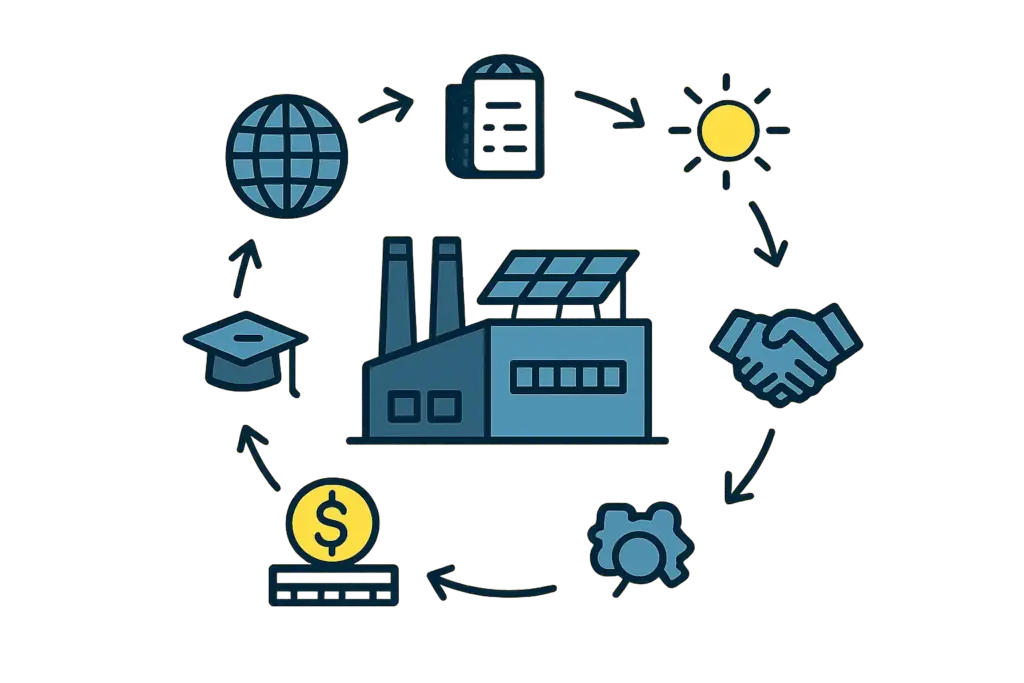
Wage Considerations for Solar Factory Operations
A key factor in any investment analysis is labor cost. Azerbaijan offers a highly competitive wage environment compared to other regional manufacturing hubs, allowing for cost-effective operations without compromising access to a skilled workforce.
As of early 2025, the average monthly salary in the country is approximately 1,043 AZN (around $613 USD), with a national minimum wage of 400 AZN per month (approximately $235 USD).
For a solar module factory, this translates into a predictable and competitive cost structure. Wages for production line workers can align with the national average for industrial labor, while salaries for skilled technicians and engineers, though higher, remain competitive on a regional and international scale. This balance of skill availability and cost-effectiveness is a significant advantage for businesses planning to establish local production.
The Competitive Edge: Why Consider Azerbaijan for Solar Manufacturing?
Azerbaijan’s labor market presents a compelling case for investors in the solar sector. The country offers a skilled and cost-competitive workforce, backed by a strong foundation of engineering talent with transferable skills and a government committed to developing vocational training for emerging industries.
This powerful combination of local talent, strategic location, and significant solar energy potential underscores Azerbaijan’s readiness for investment in local, high-tech manufacturing.
Want to learn more or need expert help? Visit our free e-course or explore our services. Or, if you’re ready to dive deeper, our Premium Business Plan E-Course offers personalized guidance to get your venture off the ground. Let’s make your solar journey smooth and successful.

Frequently Asked Questions (FAQs)
Q: What are the key labor regulations for foreign investors in Azerbaijan?
A: Azerbaijan’s labor relations are governed by its Labor Code, which outlines standard working hours, employment contracts, termination procedures, and workplace safety requirements. Foreign investors operate under the same legal framework as local companies, ensuring a clear and consistent regulatory environment.
Q: Is English widely spoken in the technical and engineering workforce?
A: While Azerbaijani and Russian are the most common languages, English proficiency is growing, particularly among younger, university-educated professionals in technical fields. For specialized management and engineering roles, recruiting English-speaking staff is a viable option.
Q: How can a new company find and recruit skilled labor in Azerbaijan?
A: New companies can recruit skilled labor through several channels, including private agencies, partnerships with local universities for new graduates, and government employment services. Additionally, specialized facilities like the AFEZ training center provide a direct source of qualified candidates.

